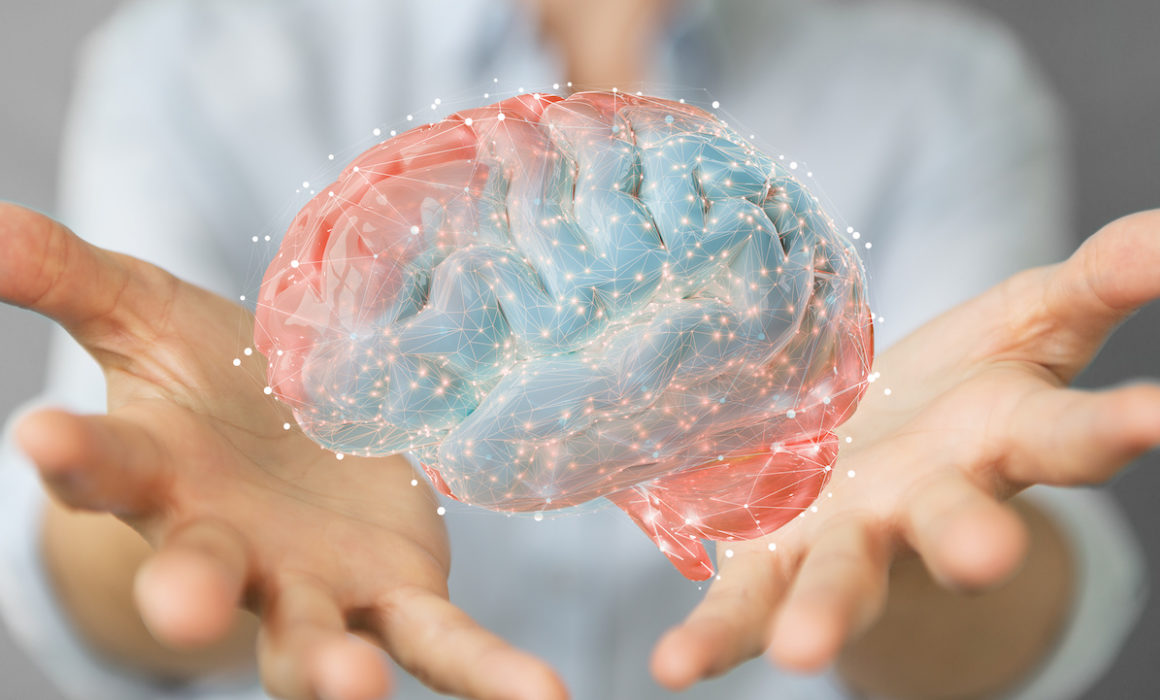Some 300 million people suffer from depression worldwide – and the number is only increasing as a result of the isolation during and losses from the COVID-19 pandemic. In cases where medications are determined to be the proper treatment, finding the right antidepressant can require a lengthy process of trial and error. More than 60% of patients try multiple medications before finding the correct treatment, and symptoms can worsen during the time it takes to find the right medication. But new technology from a startup co-founded by Technion alumna and company CSO Daphna Laifenfield could remove the trial-and-error process through using a blood sample to create a “brain-in-a-dish” that helps doctors determine which antidepressant would be the most effective for each patient.
Genetika+’s process begins with a blood sample from the patient that is reprogrammed into induced pluripotent stem cells (iPSCs), which serve as the basis for all other specialized cells generated in the body. The iPSCs are then differentiated into frontal brain neurons, which originate in the area of the brain that is most affected by mental illness. Finally, the neurons are placed into a dish and are exposed to more than 70 different antidepressants to measure the patient’s reaction to each medication in order to find the most effective treatment.
The researchers are able to determine whether the medication will reach the correct areas of the brain for optimal treatment and how the side effects associated with the regimen will present. Based on the results of the brain-in-a-dish testing, Genetika+ will recommend several of the most effective antidepressants for the patient in case their medication becomes ineffective over time due to built-up tolerance or stress.
The technology is currently undergoing R&D and Genetika+ has clinical sites in Israel and Philadelphia, with more to come across the United States. The company’s goal is to launch commercially in the U.S. and Israel by the end of 2023.
